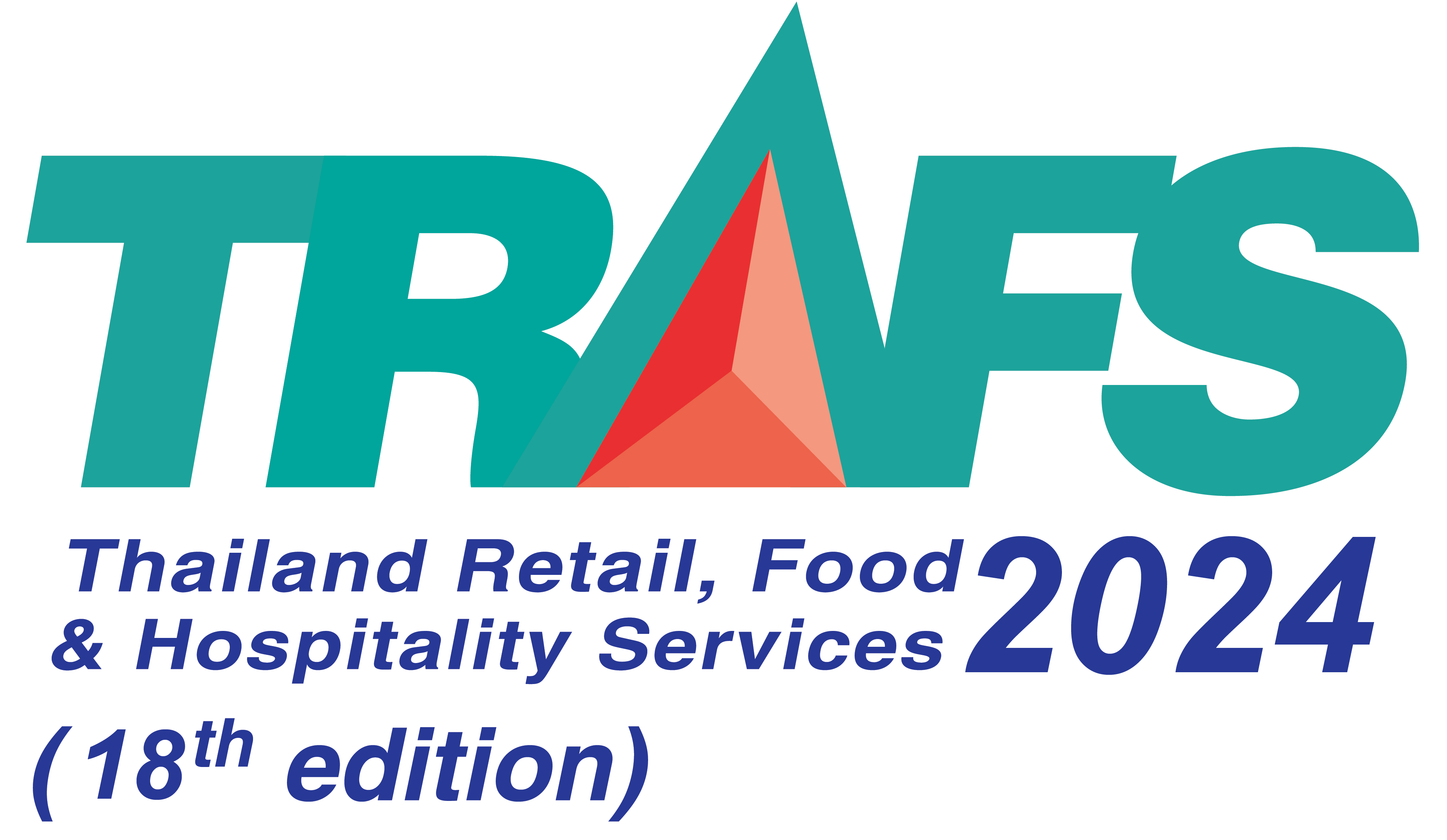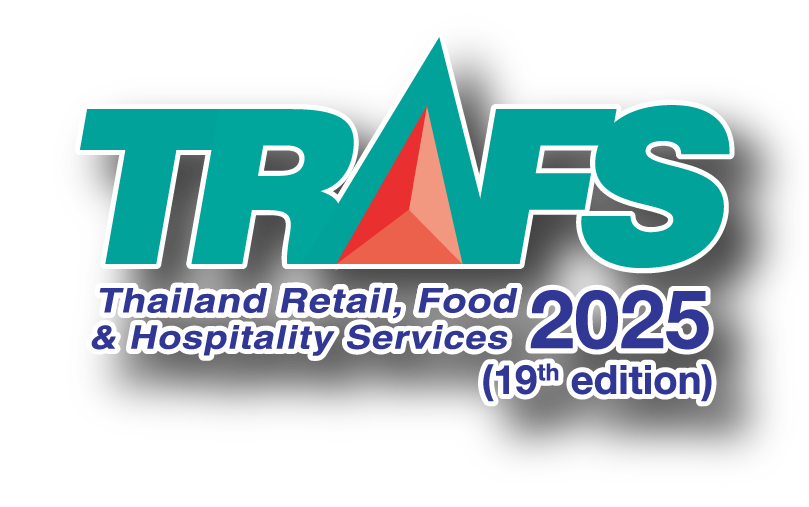
The modern food and beverage (F&B) landscape is evolving rapidly. Customers are becoming increasingly aware of dietary restrictions and sustainability practices, and they expect businesses to cater to these needs. This shift presents not just challenges, but also exciting opportunities for restaurants, hotels, and food service providers.
Meeting Dietary Needs:
- Variety is Key: Offer a diverse menu with vegetarian, vegan, gluten-free, and allergy-friendly options. This caters to a wider audience and ensures everyone has delicious choices.
- Transparency Matters: Clearly label ingredients and allergens on menus. Consider offering online resources with detailed information about dishes for customers with specific dietary concerns.
- Embrace Plant-Based Options: The popularity of plant-based diets is on the rise. Offer creative and flavorful vegetarian and vegan dishes that go beyond basic side salads.
- Training Staff: Ensure your staff is knowledgeable about dietary restrictions and potential allergens in menu items. This fosters trust and empowers them to answer customer questions confidently.
Sustainability in Action:
- Locally Sourced Ingredients: Partner with local farmers and producers to source high-quality, fresh ingredients. This reduces your carbon footprint and supports the local economy.
- Minimize Food Waste: Implement strategies to reduce food waste, such as menu planning, portion control, and creative repurposing of leftover ingredients.
- Composting Programs: Compost food scraps and organic waste to create nutrient-rich fertilizer for gardens or local farms.
- Eco-Friendly Packaging: Opt for biodegradable or recyclable packaging materials to minimize environmental impact.
- Energy Efficiency: Invest in energy-efficient appliances and equipment to reduce energy consumption and operating costs.
The Rewards of Adapting:
By catering to dietary restrictions and implementing sustainable practices, F&B businesses can reap several benefits:
- Attract a Wider Customer Base: Meeting diverse dietary needs opens your doors to a broader audience, increasing revenue and customer loyalty.
- Enhance Brand Image: Consumers associate sustainability with responsible practices and care for the environment. This can lead to a positive brand image and greater customer trust.
- Reduce Operational Costs: Sustainable practices like minimizing food waste and energy efficiency can lead to cost savings in the long run.
- Future-Proof Your Business: As dietary awareness and sustainability concerns continue to grow, adapting your approach ensures your business stays ahead of the curve.
Catering to dietary restrictions and implementing sustainable practices go beyond just following trends. These strategies are key to success in today’s competitive F&B market. By embracing these changes, businesses can create a more inclusive and environmentally responsible dining experience, attracting new customers and building a loyal following.






